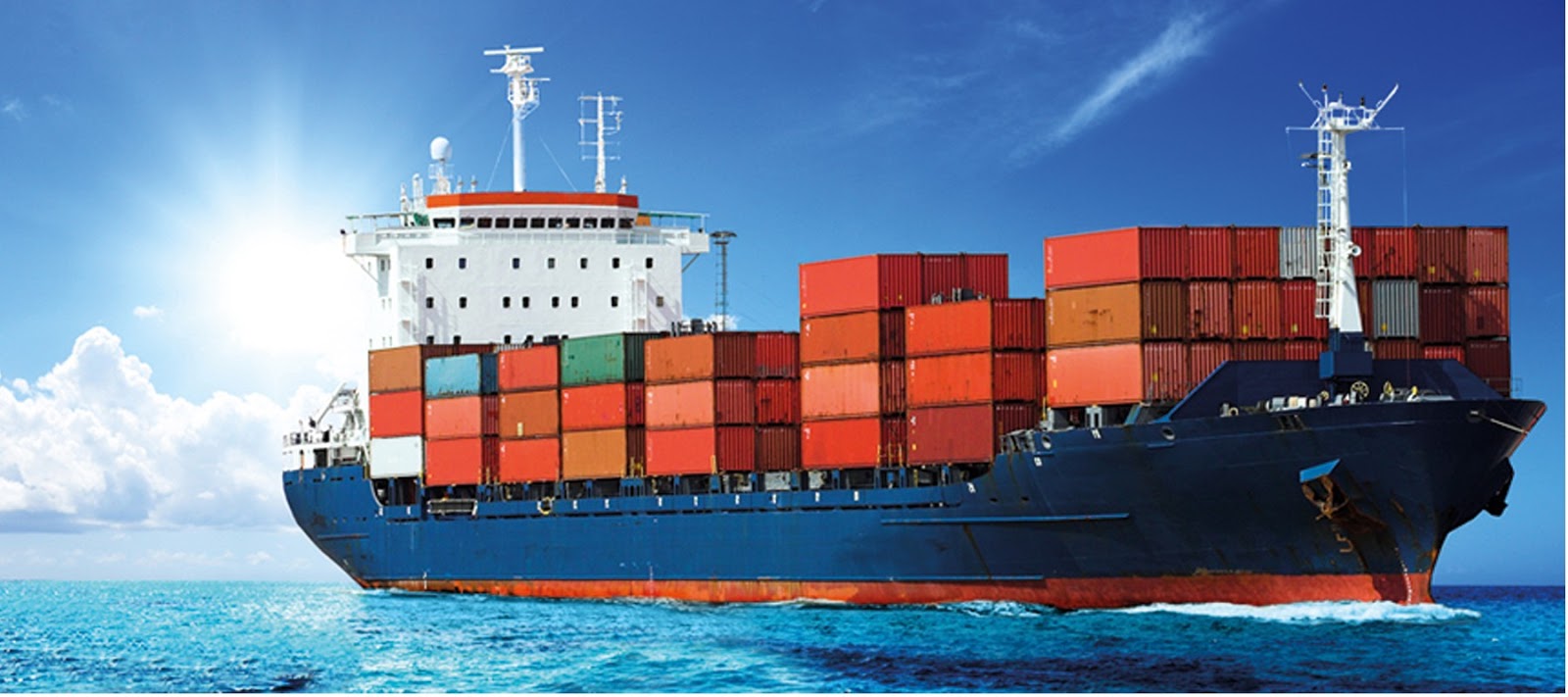Despite the fact that there are unmistakable contrasts between demurrage, detainment and port charges, many are as yet unmindful of these distinctions and there have been a few inquiries on this blog identifying with these charges.
Universal Trade and Costs
With regards to universal exchange, lion’s share of the purchasers and venders use Incoterms to choose what each other’s duties and liabilities are as far as the business, particularly identified with costs. For the most part, there is almost no space to move as far as extra and unbudgeted costs brought about on the shipment and in this way to their greatest advantage it is significant that the purchasers and venders play it safe to guarantee that every single realized expense identifying with the business are talked about and finished before the shipment begins.
There are numerous elements engaged with the way toward transportation a compartment from Point A to Point B, each with their own cost segment, all of which must be secured either by the vender or the purchaser. Demurrage, detainment and port charges are only a portion of these costs that might be material in a shipment. While a portion of the port charges are legitimate and unavoidable, demurrage, detainment and a portion of the port charges (like port stockpiling, unexpected appearance, late appearance, correction, moving and so on) are completely avoidable if everybody in the chain follows the procedure that they have to follow..
What are port charges..??
Port charges, as the name recommends are a lot of charges imposed by the port or terminal which the holder goes through..
Regarding compartment shipments, Dry Bulk Chartering may incorporate however not constrained to beneath :
Terminal Handling Charge (THC)
Is essentially the charge exacted by the port for the stacking and releasing of a holder from the boat.. THC contrasts from port to port, terminal to terminal around the globe and is charged both by the heap port and release port..
On the off chance that the load is transhipped anyplace along the course, at that point the transhipment port likewise charges this THC however that is paid by the transportation line legitimately to the port and this quantum is normally remembered for the sea cargo charged by the line..
Unexpected appearance Charge
A charge imposed by the port for a compartment that shows up in the terminal before the stacks into which it is to be taken has been opened.. The acknowledgment of unexpected appearance holders is at the tact of the Port/Terminal Operator..
Late Arrival Charge
A charge demanded by the port for a compartment that shows up in the terminal after the stacks into which it is to be taken has been shut.. The acknowledgment of unexpected appearance compartments is at the prudence of the Port/Terminal Operator..
Moving charges
A charge imposed by the port for a compartment that should be moved around inside the stacks.. This normally happens when a compartment is gotten for one port/vessel, yet there may have been a difference in goal or change in transport or the holder is required to be assessed..
Restow
Is an activity taken during the heap/release activity of a compartment transport wherein a holder might be removed the boat from one stow position and set back into the equivalent or diverse stow position for motivations behind payload activity.. This might possibly include setting the holder on the quay..
This charge is for the most part for the record of the transportation line except if the delivery line is doing the restow activity because of a client’s solicitation for state inaccurate stowage because of payload misdeclaration or change of goal..
Correction/Cancellation
Charge exacted by the port/terminal for altering or dropping any documentation/action stopped with them.. Model would be passing a revising record for change of goal of a compartment, or the fare of that holder should be halted and so on..
Port Storage
Is a charge collected by the port for the drawn out remain of a compartment at port after expiry of free days.. This might be charged for a full compartment that is uncleared (imports) or a full holder yet to be sent (sends out) or for a vacant holder sitting in the port..
Various ports/terminals offer various days liberated from capacity (free days) and this should be firmly checked as port charges could run into overwhelming sums..
Port stockpiling may likewise occur for compartments that were short delivered (for instance a vessel ends its tasks and sails before calendar) or transhipment holders that have been sitting at the port for long anticipating a transhipment vessel..
Lift On/Lift Off
Charge that might be exacted by the port for extra taking care of accomplished for holders that have just been gotten in the port for fare or required to be moved to a zone for review for imports and so on..
Stuffing/Destuffing of Containers
A few ports/terminals permit the stuffing (pressing)/destuffing (unloading) of the compartments inside the port territory and charge clients dependent on the port levy..
This action may occur at ports which give CP Services and permit holders to be stuffed or unloaded in the port or because of certain missteps when the freight was initially pressed – state incongruent unsafe cargoes pressed together..




